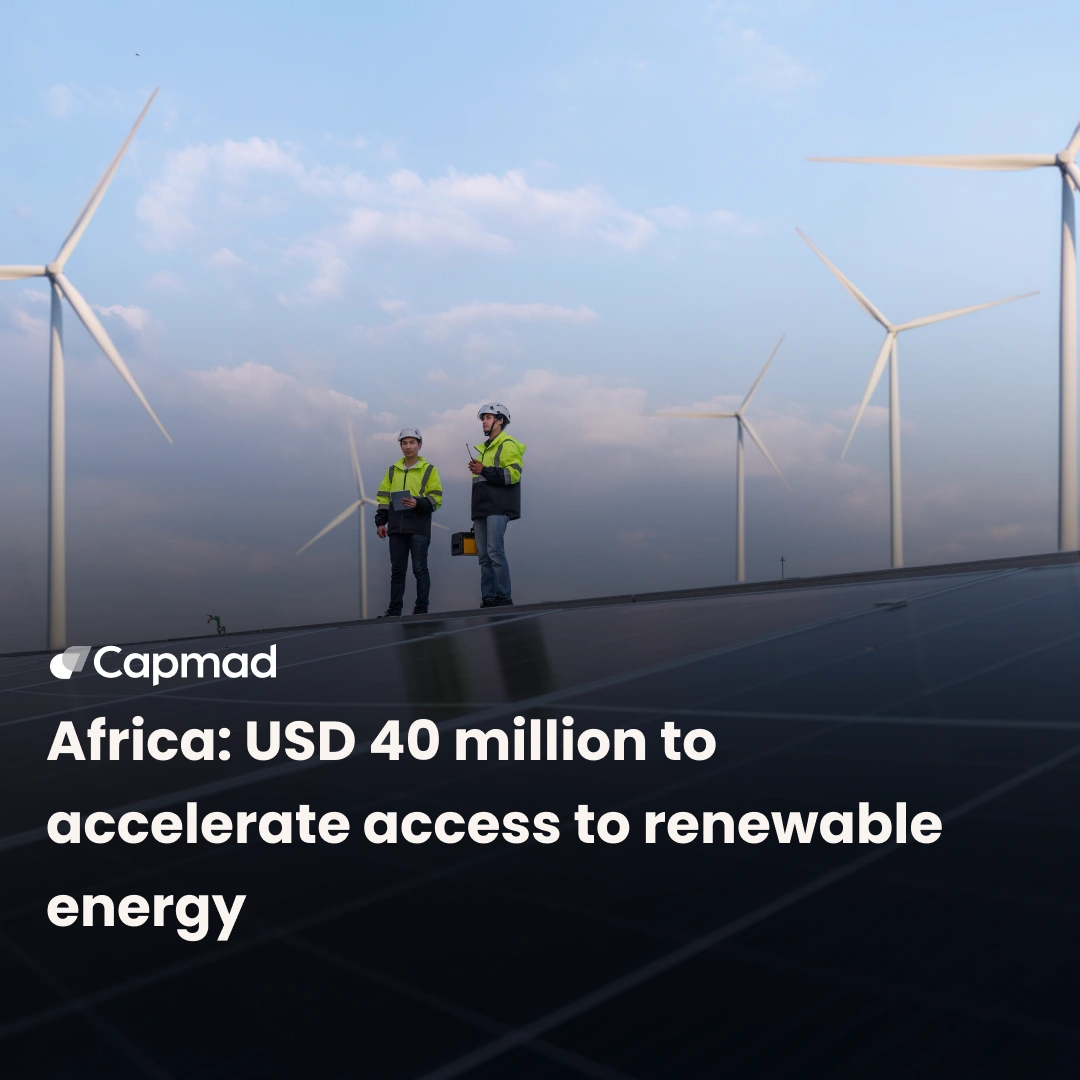Eight OPEC+ members, including Saudi Arabia, Russia, Iraq, the United Arab Emirates, Kuwait, Kazakhstan, Algeria, and Oman, have announced a further sharp increase in their oil production for July 2025. This decision comes after they had already increased their production by an additional 411,000 barrels per day in May and June, three times more than initially planned.
Background and Motives
End of Voluntary Reductions: These countries had agreed to additional voluntary reductions totaling 2.2 million barrels per day in recent years, with the aim of supporting oil prices. However, since spring 2025, they have been accelerating the reintroduction of their production onto the global market.
Strategic Objectives: The rapid increase in production aims to regain market share, particularly in the face of competition from American shale oil, and to exert pressure on OPEC+ members that exceed their quotas.
American Influence: This decision is also seen as a strategic move. Saudi Arabia appears to be responding to the demands of U.S. President Donald Trump. He is calling for increased production to lower oil prices and, in turn, lower pump prices for American consumers.
Market Consequences
Price Drop: This reversal has caused oil prices to plummet to around 60 USD per barrel, their lowest level in four years.
Market Reactions: Analysts see this series of increases as a strong signal. According to Jorge Leon of Rystad Energy, the move goes beyond simple supply dynamics and addresses geostrategic issues.
Perspectives: OPEC+ justifies its decision by the stability of market fundamentals and low global inventories. However, the market remains skeptical, particularly given uncertainties about global demand amid trade tensions and an economic slowdown.
Summary
By July 2025, OPEC+ will have increased its production by 1.37 million barrels per day since April, nearly two-thirds of the 2.2 million barrels per day it plans to reintroduce by the end of 2026. This strategy, motivated by both market share and political pressure, continues to weigh heavily on crude oil prices. This could weaken economies dependent on oil revenues.






